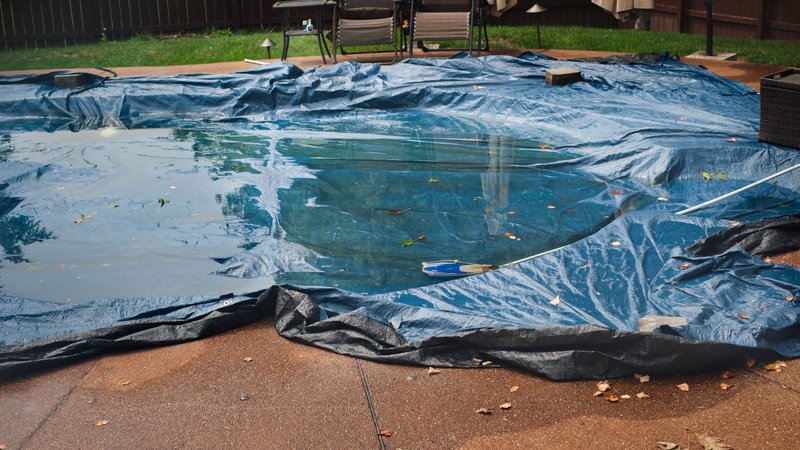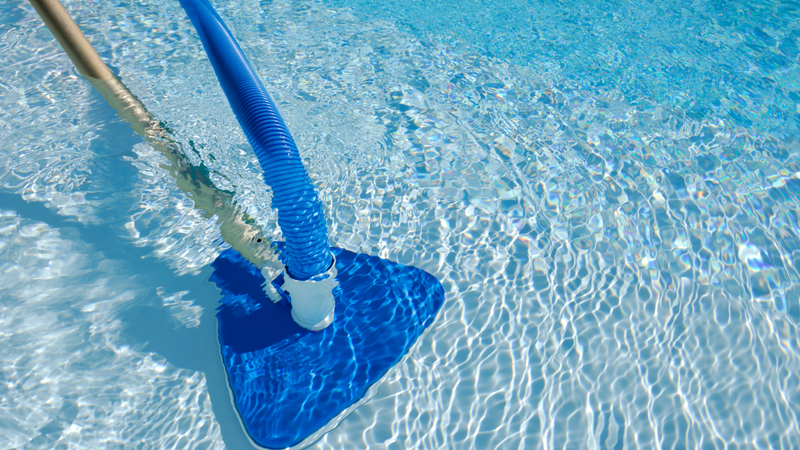In the summertime, many people enjoy going to the pool. However, with the high temperatures and the constant use of air conditioning, many swimming pools are becoming less and less energy efficient. Here are some swimming pool energy saving tips to get you started:
1. Choose the Right Pool Size
No matter the size of your swimming pool, there are some energy saving tips that can help you conserve energy. One key factor is how much water your pool uses. The size of your swimming pool is a major factor in how much energy it will use. A small pool will use more energy than a large pool, and a pool with a wide area will use more energy than a pool with a narrow area.
Also, make sure to check the liner and make any necessary repairs. In addition, keep your pool clean by sweeping and vacuuming regularly, and avoid leaving objects in the swimming area that can catch water and heat up.
Finally, be aware of weather conditions when planning outdoor activities around your pool. If it’s hot out, stay away; if it’s cold out, come in!
2. Use a Solar Pool Heater
Pool heating is a big energy hog, and solar pool heaters are one of the most efficient ways to reduce your expenses. A solar pool heater uses the sun’s energy to heat up the water. They typically use less energy than other types of pool heaters, and they’re very easy to install.
There are a few things you need to keep in mind when purchasing a solar pool heater. First, make sure you have enough space on your roof or in your yard to mount the unit. Second, research which type of solar pool heater is best for your needs. There are three main types: direct-heat, indirect-heat, and combined-heating systems.
A direct-heat solar pool heater uses sunlight directly to heat up water. These units are usually smaller and lighter than indirect-heat or combined-heating systems. Indirect-heat solar pool heaters use sunlight indirectly by warming air that circulates around the water in your pool. Combined-heating systems use both direct and indirect sunlight to warm up the water.
3. Use a Pool Cover

Covering a pool with a cover can help to keep the pool warm in the winter and energy efficient in the summer. In the winter, a pool covered in ice will stay around 37 degrees Fahrenheit, which is about 10 degrees colder than unprotected pools. This can help to conserve energy and prevent costly repairs.
In the summer, covering the pool can keep it cooler by up to 10 degrees Fahrenheit. This can save on cooling costs and make the pool more comfortable for swimming.
4. Maintain Your Pool’s Filter and Cleaning System
A clean filter will function more efficiently and use less energy.
Swimming pool filters remove large particles and bacteria from the water, but over time these filters can become clogged with debris. If your pool filter is not kept clean, it will not function as efficiently and use more energy. To keep your filter clean, follow these swimming pool energy saving tips:
- Clean the filter every week by using a strong vacuum cleaner with a hose attachment. Be sure to wear gloves and eye protection to avoid getting any debris on your hands or in your eyes.
- Remove large objects such as leaves, rocks, and logs that could block the flow of water through the filter.
- Add a chlorine tablet every month to help keep the pool clean and free of bacteria.
5. Get a Smaller Pool Pump

When estimating the monthly electricity cost for operating a pool, be sure to include the pump in the calculation. The size of the pool pump is a major factor in its energy consumption.
To minimize this cost, select a pump that is appropriately sized for the pool. A smaller pool pump will use less energy and ultimately save you money on your electric bill.
6. Lower Your Pool’s Temperature With an Insulation Device
Swimming pool energy saving tips can include lowering the pool’s temperature with an insulation device. The average pool should be kept at 78 degrees Fahrenheit. By doing this, you can save on your energy bill and make the pool more enjoyable to use.
More tips include:
- Shade your pool as much as you can.
- Don’t run your pool filter during the day.
- Depending on how much water you have in your pool, drain and refill it.
- Get an evaporative cooler or pool chiller.
- Take advantage of nighttime cooling with solar panels.
- Add a fountain or other water feature.
7. Upgrade to Energy-efficient Lighting
Swimming pools are a great way to enjoy the summer weather, but they can also be a source of energy waste. To save energy and money, it is important to upgrade to energy-efficient lighting. This can be done by installing fixtures with low-energy bulbs or by using motion detectors that turn off lights when no one is in the pool.
Conclusion
Swimming pool energy saving tips can help you save energy and reduce your pool’s impact on the environment. By following these tips, you can help to reduce your pool’s carbon footprint and enjoy a pool season that is both fun and environmentally friendly.
Stay on top of winter preparations, like covering your pool with a cover and checking the water level regularly, to keep your inground pool safe and in good shape all year. Let Clear Water Pools Atlanta take care of your pool when you need expert care.




